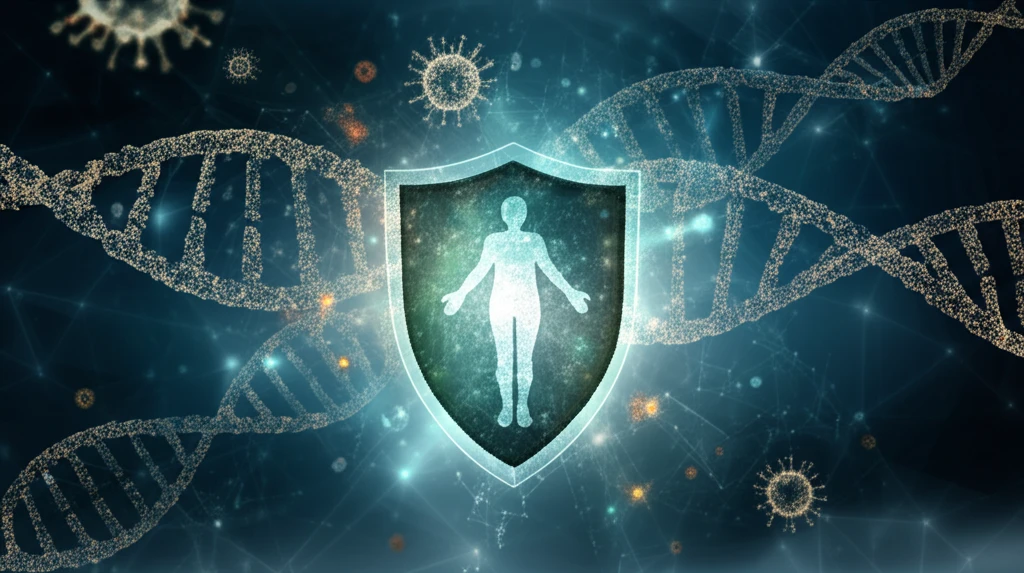
Unlocking the Mysteries of KSHV: How Your Genes Could Influence Infection Outcomes
"Delving into HLA Polymorphisms and Their Role in Kaposi's Sarcoma-Associated Herpesvirus Infections"
Kaposi's sarcoma-associated herpesvirus (KSHV), also known as human herpesvirus 8 (HHV-8), is the culprit behind Kaposi's sarcoma (KS), primary effusion lymphoma (PEL), and the plasmablastic variant of multicentric Castleman disease (MCD). While scientists have been studying KSHV since its discovery in 1994, many aspects of the virus, including how it spreads and what makes people vulnerable, remain unclear.
Interestingly, the prevalence of KSHV varies significantly around the world. It's less common in Northern Europe, the United States, and Asia, but more prevalent in the Mediterranean region and sub-Saharan Africa. This uneven distribution and the fact that it sometimes clusters in families suggest that both genetic and environmental factors play a role in determining who gets infected.
Viruses have evolved clever methods to evade the body’s defenses. The progression of any virus-associated disease depends on the tug-of-war between the virus and our immune system. In the case of KSHV and Kaposi's sarcoma, KSHV infection alone isn't enough to cause the disease. The risk increases dramatically when someone also has HIV or is taking immunosuppressive drugs. This highlights the critical role of our immune response in fending off KSHV and preventing KS from developing.
The HLA Connection: Your Immune System's Genetic Fingerprint

The human leukocyte antigen (HLA) system is a set of genes in humans that code for the major histocompatibility complex (MHC) proteins. These proteins are essential for triggering the immune system. HLA molecules present pieces of invaders such as viruses to immune cells, which then mount a defense. The HLA complex is highly polymorphic, meaning it varies a lot from person to person. This variation determines how our immune systems respond to different threats. Some HLA alleles, or versions of these genes, can strengthen immunity, offering an advantage against viral infections.
- Different Study Populations:Variations in genetic backgrounds and environmental exposures across populations.
- Methodological Differences:Inconsistencies in HLA typing techniques and KSHV detection methods.
- Small Sample Sizes:Many studies have limited statistical power to detect subtle but significant associations.
The Path Forward: Deeper Exploration Needed
Despite the existing research, the connection between HLA gene polymorphisms, KSHV infection, and the immune system needs more exploration. Existing studies suggest that HLA gene variations can partially account for the complex interactions between genetic background, KSHV infection, and the immune system as cofactors in KS. It's important to remember that most are preliminary population studies lacking subsequent mechanistic validation.
